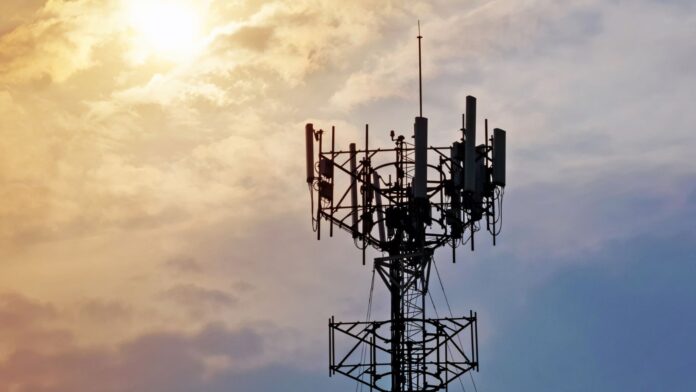When it comes to the world of telecom giants, AT&T and Verizon are two names that stand out. These industry leaders have been competing fiercely for years, vying for the loyalty of customers across the United States. In this article, we will explore the key differences between AT&T and Verizon in 2016 and help you decide which one may be the right fit for your telecommunications needs.
One major distinction between AT&T and Verizon lies in their network coverage. Both companies boast widespread networks that span across the country, but there are differences in terms of reach. Verizon has traditionally been known for its expansive coverage, especially in rural areas where other providers struggle to deliver a strong signal. On the other hand, AT&T has invested heavily in expanding its network infrastructure and claims to cover a large percentage of the population with robust connectivity.
AT&T vs Verizon 2016
AT&T’s Pricing Tiers
When it comes to pricing, AT&T offers a range of options designed to cater to different needs and budgets. They have structured their plans into various tiers that provide varying levels of features and services. Let’s take a closer look at some of the key pricing tiers offered by AT&T:
- AT&T Unlimited Elite: This top-tier plan offers unlimited talk, text, and data along with other additional perks, such as access to HBO Max, 30GB of mobile hotspot data per line, HD streaming quality, and advanced security features.
- AT&T Unlimited Extra: The Unlimited Extra plan includes unlimited talk, text, and data as well, but with slightly reduced benefits compared to the Elite tier. It provides 15GB of mobile hotspot data per line, SD streaming quality (compared to HD), and fewer security features.
- AT&T Mobile Share Plus: For those looking for shared data plans for multiple devices or family members on one account, the Mobile Share Plus offers flexible options starting from 3GB up to 100GB of shared data.
- AT&T Prepaid: If you prefer a prepaid option without long-term contracts or credit checks, AT&T also offers prepaid plans with different pricing tiers based on your usage requirements.
Verizon’s Pricing Structure
In comparison to AT&T’s pricing structure, Verizon follows its own set of plans tailored toward its customer base. Here are some noteworthy aspects of Verizon’s pricing structure:
- Verizon Play More Unlimited: This premium plan includes unlimited talk, text, and data along with additional features like Disney+, ESPN+, Hulu subscription (with ads), 720p HD streaming quality on phones and 1080p on tablets.
- Verizon Do More Unlimited: Similar to Play More Unlimited in terms of core offerings but with added perks like 50GB of premium data, 500GB of Verizon Cloud storage, and access to Apple Music.
- Verizon Get More Unlimited: The Get More Unlimited plan provides the highest level of features and benefits among Verizon’s offerings. It includes unlimited talk, text, and data along with 50GB of premium data, HD streaming quality, Apple Music subscription, Disney+, ESPN+, Hulu (ad-free), and 600GB Verizon Cloud storage.

Verizon’s Pricing and Packages
AT&T’s Pricing Tiers
When comparing the pricing of AT&T and Verizon, it’s important to take a closer look at the different tiers offered by each provider. AT&T offers several pricing tiers based on your data needs, ranging from their basic plan to their premium unlimited plan. These tiers allow you to choose a plan that aligns with your usage habits and budget.
For instance, AT&T offers a basic 2GB data plan suitable for light internet users or those who primarily use Wi-Fi. On the other end of the spectrum, they provide an unlimited data plan for customers who require extensive amounts of mobile data without any restrictions.
Verizon’s Pricing Structure
Verizon also provides various pricing options tailored to meet different customer requirements. Their plans are designed with flexibility in mind, offering choices that cater to both light and heavy data users.
In conclusion, when it comes to network coverage, AT&T stands out as a telecom giant with extensive nationwide reach, strong 4G LTE capabilities, reliable call quality, broadband internet options, and comprehensive coverage maps for user convenience.


